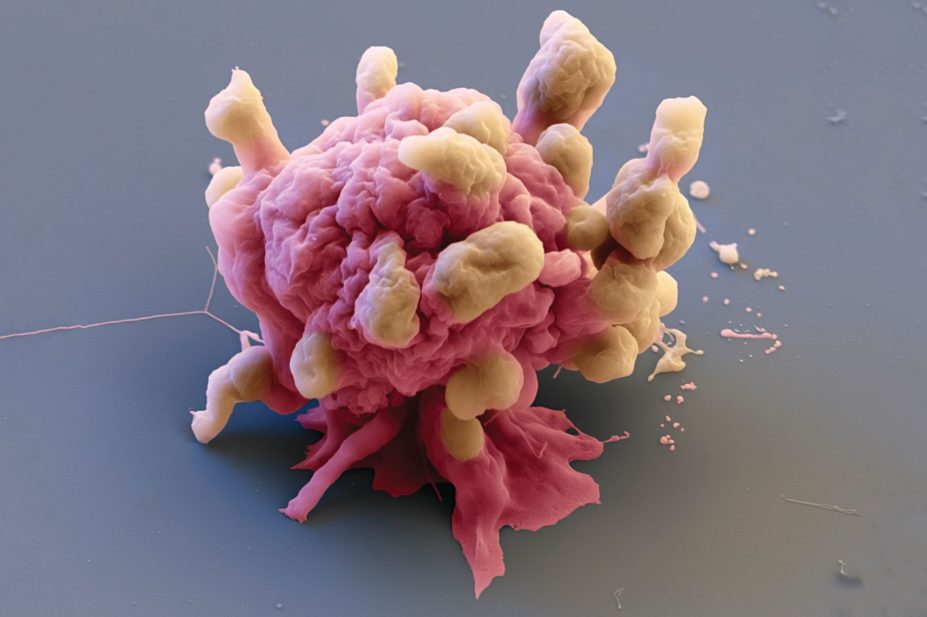
Eye of Science / Science Photo Library
Therapies based on individual drugs often have limited efficacy and poor resistance and safety profiles. Therefore, focus is now being placed on uncovering drug combinations that can work in synergy.
Researchers investigated the potential of two unrelated drugs: rheumatoid arthritis drug auranofin and ruthenium anti-cancer drug RAPTA-T.
RAPTA-T works by forming complexes, called adducts, within the histone proteins that help package DNA, disrupting the DNA and causing the cells to die. The researchers discovered that auranofin binds via an allosteric mechanism within the nucleosome, the part of the cell that contains DNA, and is less likely to form adducts.
However, when used together, RAPTA-T helps auranofin to form these adducts, a synergistic activity that was found to increase the overall rate of tumour cell death.
Reporting their results in Nature Communication (online, 30 March 2017)[1]
, the researchers conclude that allosteric mechanisms in the nucleosome may have relevance for potential therapies.
References
[1] Adhireksan Z, Palermo G, Riedel T et al. Allosteric cross-talk in chromatin can mediate drug-drug synergy. Nat Commun 2017. doi: 10.1038/ncomms14860


